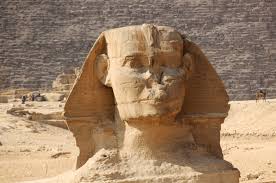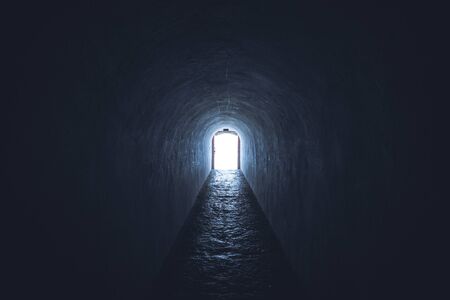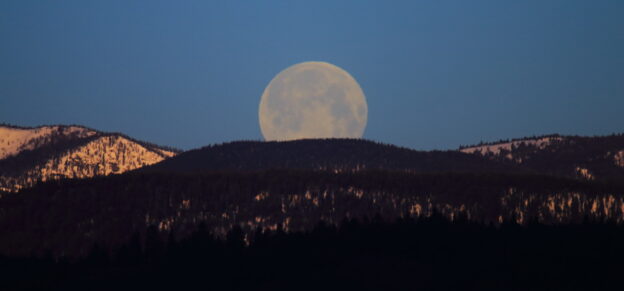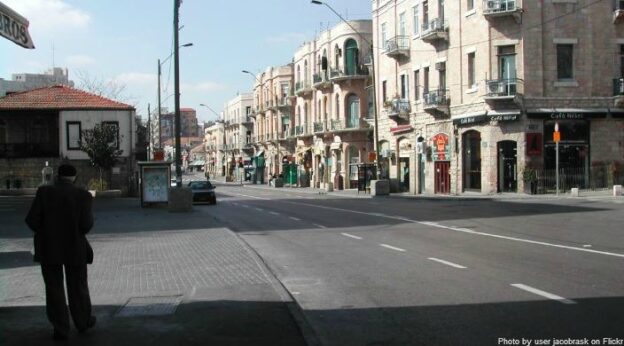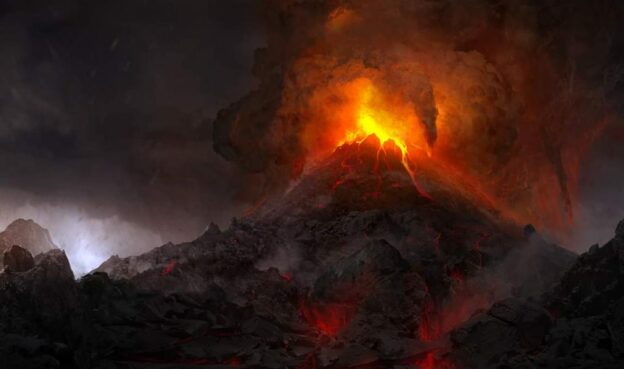Ours are times when it isn’t hard to imagine oneself as a Jew in Mitzrayim – at least according to the way two commentaries understand a word in Devarim.
The word is in one of the pesukim comprising the declaration to be made by those bringing bikurim, the firstfruits of the season, to the Beis Hamikdash. It is, famously, a declaration that the Haggadah expands upon. The word is vayarei’u, often translated as “they [the Mitzri’yim] treated us in an evil way” (26:6).
Abarbanel and the Netziv, however, see the syntax of the word as implying something subtly but decidedly different. They read it as meaning “they ‘eviled’ us” – in other words, they portrayed the descendants of Yaakov as evil. As we would say in English, they vilified us.
Could there be a better way to describe so much of the world’s attitude toward Jews today? To be sure, there are always haters who, as is their wont, hate, for any of an assortment of “reasons” or with no attempt at “justification” at all; that’s nothing new.
But, as a result of civilian casualties in Gaza – unavoidable deaths and injuries like those that have been part of every war in history – Israel has been vilified to an unprecedented extent, not only by the usual suspects but in broad international circles and media. And, tellingly, all Jews – as Jews, simply for being Jews, our opinions unknown and of no concern to the venomous vilifiers – are targeted as well.
Attacks on Jews, physical and verbal, abound across the globe. The despicable chants of “Burn the Jews!” and displays of Nazi symbols at “pro-Palestinian” rallies – a British bobby was recently recorded dismissing a distraught Jewish woman’s complaint about swastika flags at a demonstration by saying they needed to be “taken into context” – is evidence enough of how easily empty-headed people can, under the self-righteous guise of what they proffer as principled political positions slide into… vilification of Jews.
And so it’s no great challenge this year to put ourselves in the places of our vilified ancestors in Mitzrayim. The Haggadah’s mandate that we endeavor to see ourselves as if we, too, were redeemed from Mitzrayim logically includes imagining ourselves in the state that our forebears endured before they went free. After all, an appreciation of redemption must include what it has freed one from.
Although we refer to the splitting of the Red Sea as kri’as Yam Suf, a “tearing” of the waters, that word is not used by the Torah. The Torah’s word for the parting of the waters is vayibak’u – “splitting” or “chopping.”
Noting the use of the same verb to describe Avraham Avinu’s splitting of wood for use in the offering of Yitzchak as an olah to Hashem, Chazal tell us that it was in the merit of that action of Avrohom’s that the sea was able to split.
What was the essence of that merit? It’s more than plausible that it was the perseverance in the face of hopelessness, the selfless determination with which Avraham undertook to follow Hashem’s unfathomable command. Our forefather’s deepest desire lay in a world-changing future for Yitzchak and his eventual descendants. But, it seemed, in light of the command, that there was no hope left to be hoped.
Similarly, when Klal Yisrael found itself faced with a sea before them and an approaching army closing in from behind, hopelessness would understandably have seized them.
And yet, just as the despair Avraham had reason to feel as he split wood for the akeida was later dissipated in a crucial instant, so did the anguish our ancestors experienced at the sea suddenly evaporate, as they watched the waters before them part.
It’s a thought worth pondering these days. Even surrounded by darkening clouds of seemingly mindless, relentless hatred, we do well to remember how hopelessness needn’t be final.
The Egyptian pyramids and the Sphinx, intended to herald the permanence of the power of an ancient dynasty, are today nothing more than tourist attractions, and crumbling ones at that. Our people persists, vibrant and hopeful, looking toward the ge’ulah sheleimah.
© 2024 Ami Magazine
